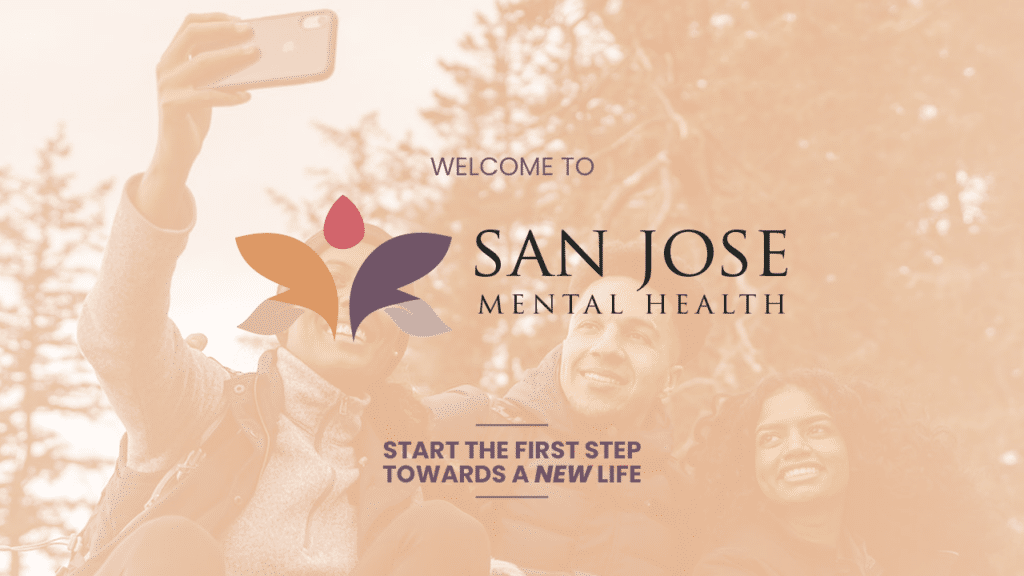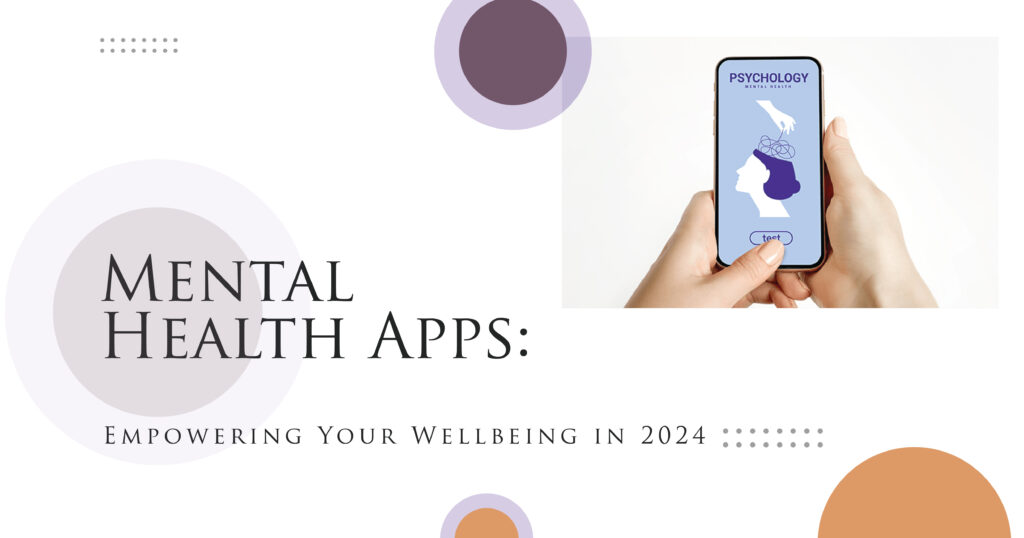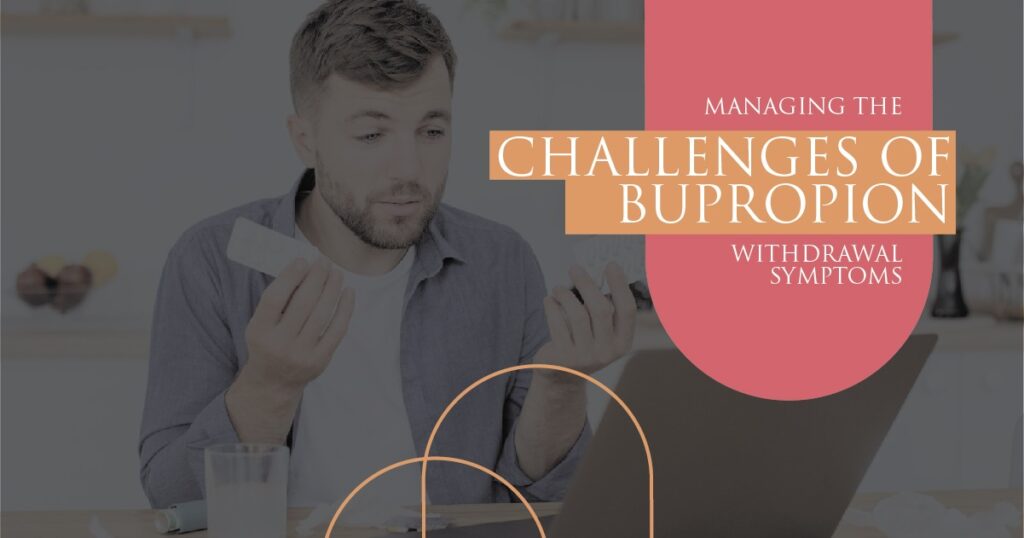In today’s fast-paced world, prioritizing mental health is more crucial than ever. Fortunately, technology has stepped in to offer a wealth of mental health services through innovative mental health apps. These tools can be powerful for managing stress, social anxiety, depression, and other emotional challenges. But with so many options available, choosing the right app for your mental health journey can feel overwhelming.
This comprehensive review explores the top mental health apps in 2024, categorized by their unique strengths and functionalities. We’ll also delve into important considerations when selecting a meditation app or therapy platform to ensure it aligns with your specific needs and preferences.
Top Contenders in the Mental Health App Arena
A quick scan of the app stores reveals a wide range of mental health platforms and resources available. To provide a focused analysis, we’ll compare and contrast some of the most popular contenders based on user reviews, functionality, and target audience:
- Talkspace stands out for its direct access to mental health professionals and licensed therapists. This makes it ideal for individuals seeking online talk therapy sessions with a qualified professional. Talkspace offers a convenient and affordable alternative to traditional therapy, with the added flexibility of 24/7 communication with your therapist.
- Headspace reigns supreme in the realm of mindfulness meditations. This mindfulness app boasts a rich library of meditation exercises tailored for various goals, including deep breathing exercises, stress reduction, improved sleep quality, and enhanced focus. Headspace caters to beginners and seasoned meditators alike, making it a valuable tool for cultivating inner peace and emotional regulation.
- Sanvello carves a niche in the stress relief category. It combines cognitive-behavioral therapy (CBT) exercises, a journal feature for self-reflection, and a supportive online community. Sanvello’s approach includes breathing techniques and positive thinking exercises to help users cope with stress. Its progress tracking allows you to monitor your progress over time, providing valuable insights into your emotional health.
San Jose Mental Health
Delving Deeper: A Spectrum of Mental Health App Features
While the above apps represent distinct strengths, the mental health care app landscape offers a diverse range of functionalities to consider. Here’s a breakdown of some key features to explore when making your selection:
- Talk Therapy: Platforms like Talkspace and BetterHelp connect you with mental health providers for online talk therapy video or chat sessions, providing professional guidance and support for issues such as obsessive-compulsive disorder, substance use disorder, and other mental health conditions.
- Mindfulness & Meditation: Apps like Headspace and Calm offer mindfulness techniques, deep breathing exercises, and themed meditations for relaxation, focus, and emotional awareness.
- Mood Tracking: Tools like MoodKit and Daylio allow you to monitor your mood fluctuations over time, helping you identify patterns and triggers, particularly in individuals dealing with post-traumatic stress disorder or depressive symptoms.
- CBT Techniques: Apps such as MindShift CBT and MoodTools equip you with behavioral therapy strategies to challenge negative thought patterns and develop healthier coping mechanisms.
- Journaling Prompts: Platforms like Reflectly and Grateful provide prompts and exercises to encourage self-reflection and cultivate gratitude, fostering positive emotional and mental health symptoms.
- Sleep Support: Apps like Sleep Cycle and Relax Melodies offer calming soundscapes, sleep stories, and guidance on improving sleep quality—a crucial element of mental well-being, especially for individuals with adults with sleep disturbance.
- Community Support: Platforms like Sanvello and Circles foster a sense of connection by providing anonymous online communities where users can share experiences and offer peer support. This can be a safe space for individuals coping with mental health challenges.
San Jose Mental Health
Choosing the Right App for You: A Personalized Approach
With such a rich variety of apps available, the key lies in selecting one that aligns with your specific mental health concerns and preferences. Here are some questions to ponder before making your choice:
- What are your primary mental health goals? Are you seeking to manage anxiety relief, improve sleep, or combat depression or other mental health disorders?
- Do you prefer self-guided tools like mindfulness meditation mobile app options, or are you looking for therapy options led by mental health experts?
- What is your budget? Some apps offer a 7-day free trial, 3-month free trial, or basic features with a basic plan, while others offer premium content through a premium version or annual subscription.
- What kind of interface appeals to you? Look for an app with a user-friendly design that is easy to navigate and visually appealing.
Beyond the App: A Holistic Approach to Mental Well-Being
While mental health apps can be powerful tools, it’s important to remember that they are not a one-size-fits-all solution. Consider these additional strategies to bolster your mental health care:
- Regular exercise: Physical activity can be an essential component of any treatment plan and is known to boost mood and reduce mental health symptoms.
- Healthy sleep habits: Prioritize sleep, utilizing apps for sleep support that incorporate meditation exercises or breathing exercises to improve your nightly rest.
- Balanced diet: Eating well can improve both physical health and emotional health.
- Strong social connections: Maintain relationships with supportive friends, family, or virtual workshops and communities.
- Professional care: For more severe conditions like bipolar disorder, anxiety scores or substance use disorder, seeking professional help through psychiatric treatment or therapy can be crucial. Apps like Talkspace provide an excellent entry point, but mental health professionals can offer comprehensive care when needed.
San Jose Mental Health
Conclusion: Empowering Your Journey with Mental Health Apps
Mental health apps can be a valuable addition to your well-being toolbox. By understanding the various features they offer, such as breathing techniques or behavioral therapy tools, and choosing an app that caters to your specific mental health treatment needs, you can embark on a personalized path toward emotional resilience and improved mental health. Remember, these apps work best alongside healthy lifestyle practices and professional support, and can be especially helpful during times of need, such as the COVID-19 pandemic or periods of heightened stress.








